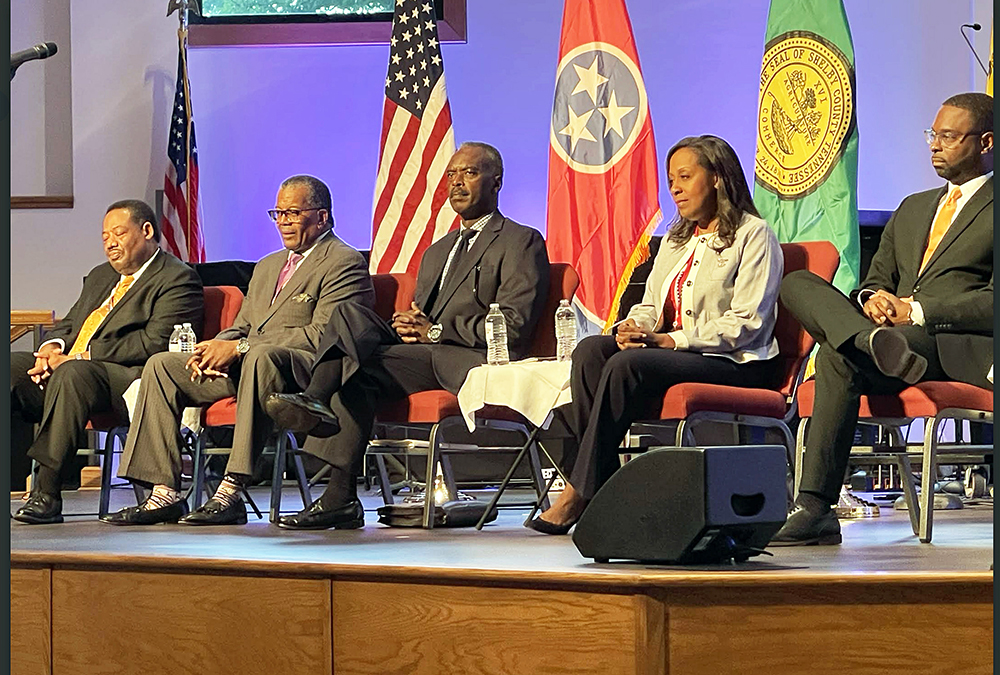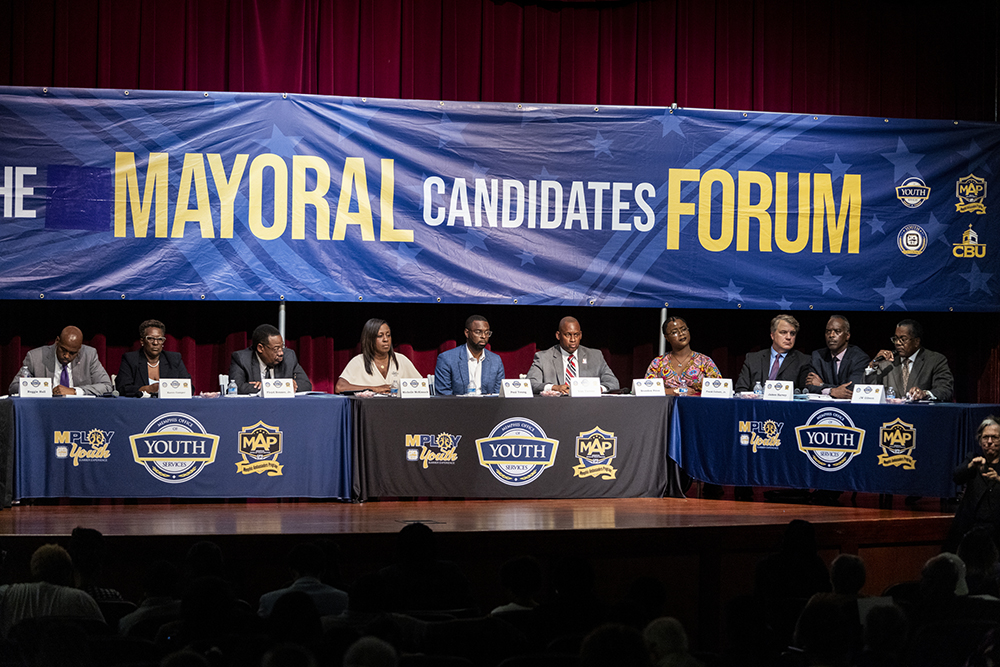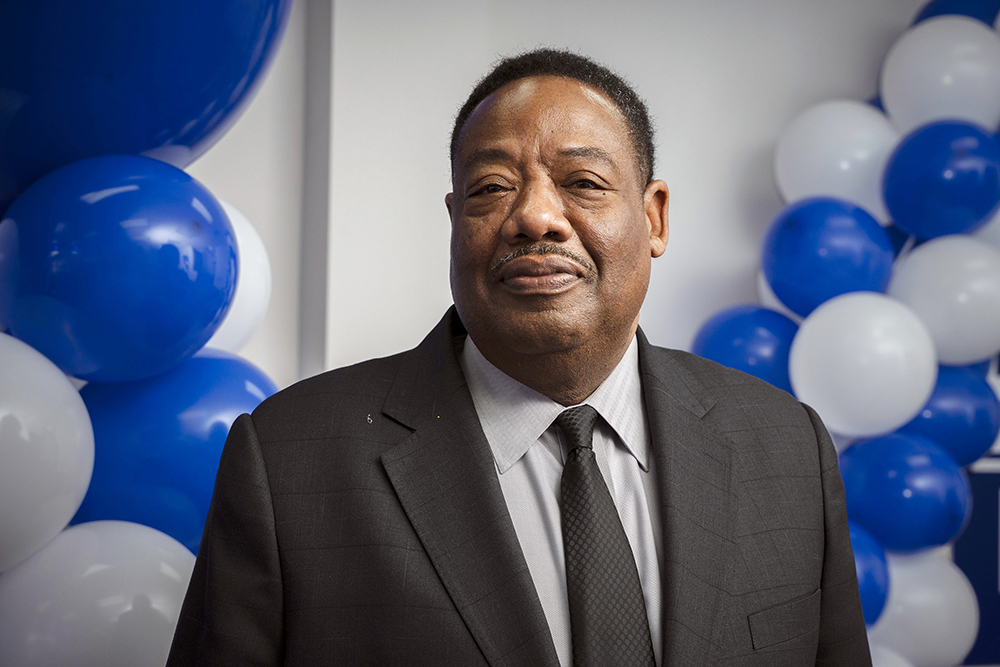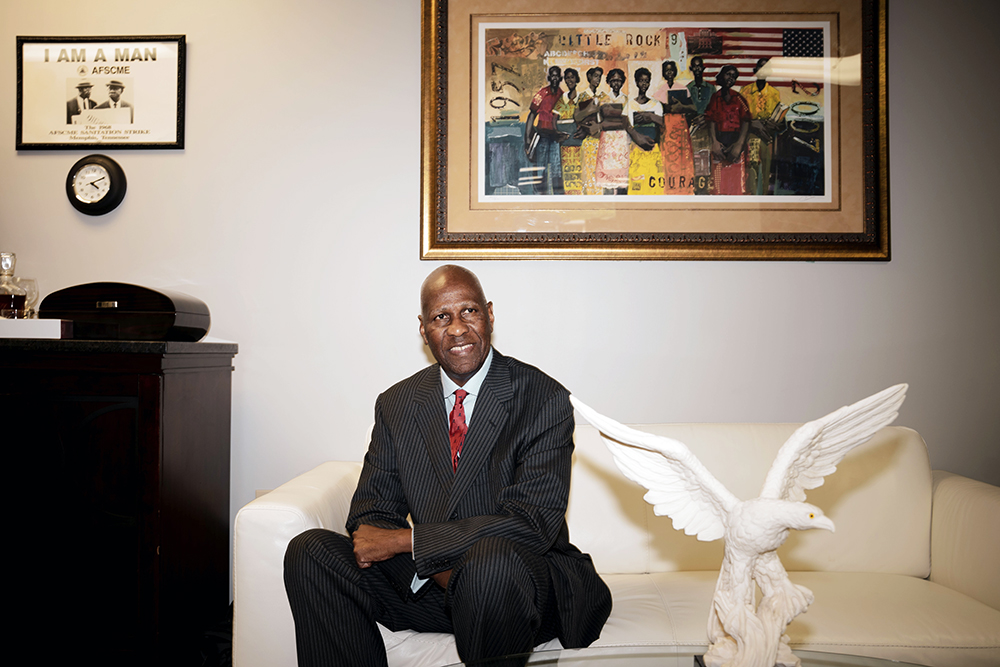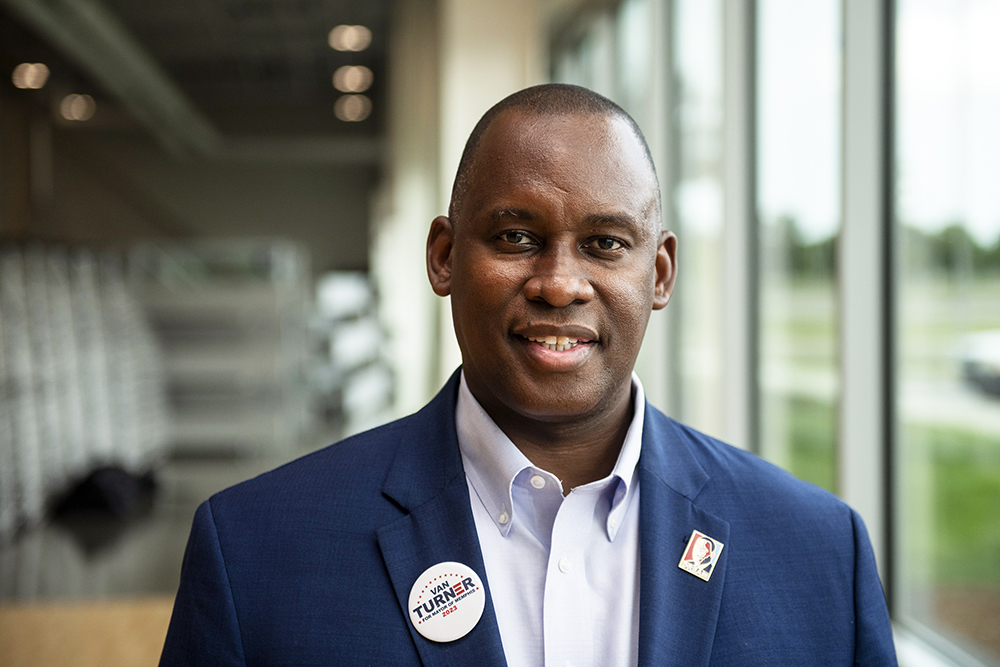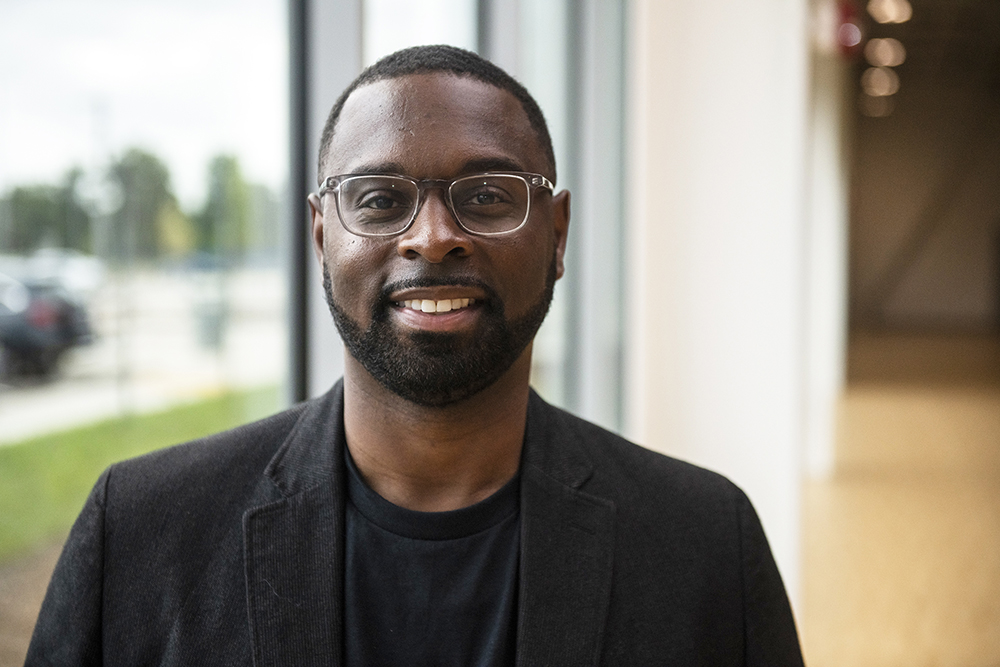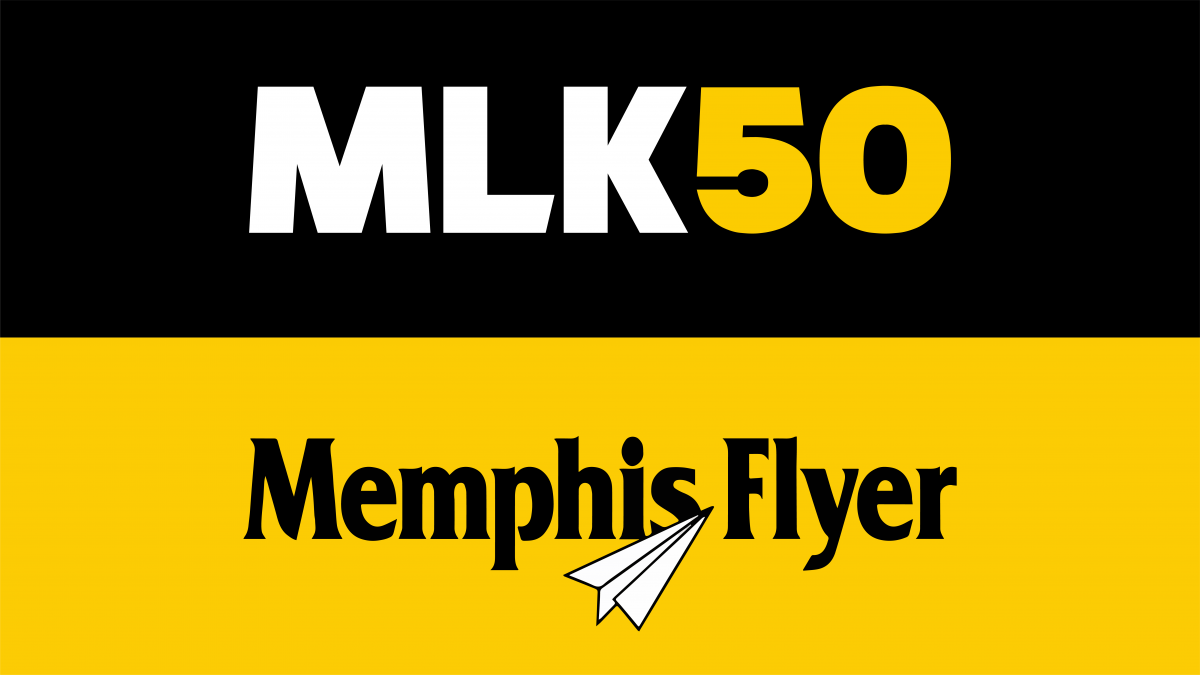As would be indicated by the collaborative content shared by the Flyer and MLK50 in this joint issue, public safety has clearly been the predominant topic in the 2023 Memphis mayoral race.
The four leading mayoral candidates have been quoted at length on the matter, but all the candidates have weighed in repeatedly on crime, its consequences, and methods for dealing with it.
Proposals have ranged from the obvious — more community policing and upgrading the MPD — to an ambitious call for a “crime summit” to a somewhat fringey proposal by one candidate to negotiate directly with gangs, presumably so as to cut deals with them.
Uniquely, this is the first mayoral contest in Memphis history in which all of the 17 candidates, including those acknowledged to be serious prospects for winning, are African-American.
That fact — which reflects the demographic nature of Memphis itself — coupled with what several polls have indicated is an extremely close contest, suggests that a revision may be overdue for the judicial settlement of 1991, which prohibited runoff voting in the mayor’s race. At the time, it was feared that a runoff would invite stacked opposition from whites to preclude a Black from winning.
In what amounted that year to a two-man winner-take-all race with a token third opponent, former schools superintendent Willie Herenton won a hairs-breadth victory over incumbent Dick Hackett, inaugurating a new era of Black prominence in city government.
Since then, only a plurality — like the one achieved by white councilman Jim Strickland in a multi-candidate race in 2015 — has been necessary for one to be elected mayor. (Strickland would be reelected with a majority over two opponents in 2019.)
But if racial factors in citywide elections (and countrywide ones, for that matter) have largely become irrelevant, the unspoken barrier to female candidates — the so-called “glass ceiling” — remains unbroken. The 2023 mayoral field includes two well-credentialed women, state House Democratic leader Karen Camper and Memphis-Shelby City Schools board member Michelle McKissack. Both have had their moments, particularly in a pair of televised forums last week, but neither ranks high in the latest mayoral polls.
All the polls anyone has seen so far are unofficial, of course, but all have shown former Mayor Herenton either the leader outright or in the near vicinity of the lead.
Some of Herenton’s potential vote derives from the historical memory of Memphians, especially inner-city ones, but he may also be gaining adherents because of his hard-line position on crime, the theme of the day, and his stated resolve to bring back the data-based policing methods of Blue CRUSH, instituted during his own last couple of terms.
The public-safety issue is paramount also in the mayoral campaign of Sheriff Floyd Bonner, who boasts a 42-year record in law enforcement and his ability to deal with the issue “from Day One” of his inauguration.
Most reckonings by political observers see a hotly contested three-way race between Herenton, Bonner, and Paul Young, the Downtown Memphis Commission CEO, who hasn’t been off the clock, campaign-wise, since he announced his intention to run roughly a year ago. Young has accomplished some impressive fundraising and leads all other candidates in that respect, with Bonner a reasonably close second.
Former County Commissioner Van Turner, a former Democratic chairman who led the local NAACP in recent years and was prominent in the effort to remove Confederate statues from Downtown, had some early stumbles but has come on somewhat of late, especially in the wake of recent endorsements from labor organizations and from County Mayor Lee Harris, DA Steve Mulroy, Congressman Steve Cohen, and the current political star of stars, state Representative Justin Pearson, who received international attention for his prominence in anti-gun protests during the spring legislative session.
Reportedly, Pearson, via independent expenditures licensed by the Supreme Court’s Citizens United ruling, is about to endow the cause with $100,000 for a last-minute ad blitz aimed at rousing local Democrats.
Like candidates Camper and McKissack, self-funding businessman/philanthropist J.W. Gibson did well in public forums last week, but in his case, as in theirs, it could be a case of too little, too late.
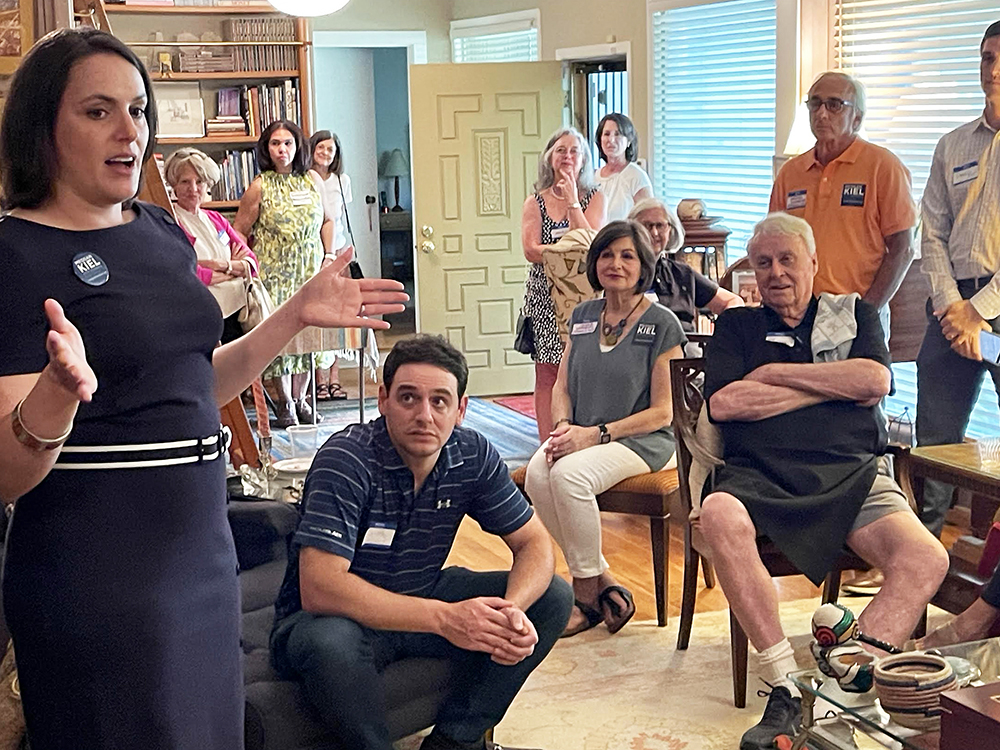
If female candidates are struggling in the mayoral race, they are more than holding their own in city council races. Indeed, it is theoretically possible for the council races to end with a female majority of one serving. And in tight multi-candidate races in districts one through seven, a runoff provision will mandate a majority winner and provide a second chance for some.
In council District One, incumbent Rhonda Logan is heavily favored over opponent Kymberly Kelley.
There are six candidates vying in council District Two, including Jerri Green, a former legislative candidate and current policy advisor to County Mayor Harris; ex-councilman and former Plough Foundation director Scott McCormick; and business consultant Marvin White.
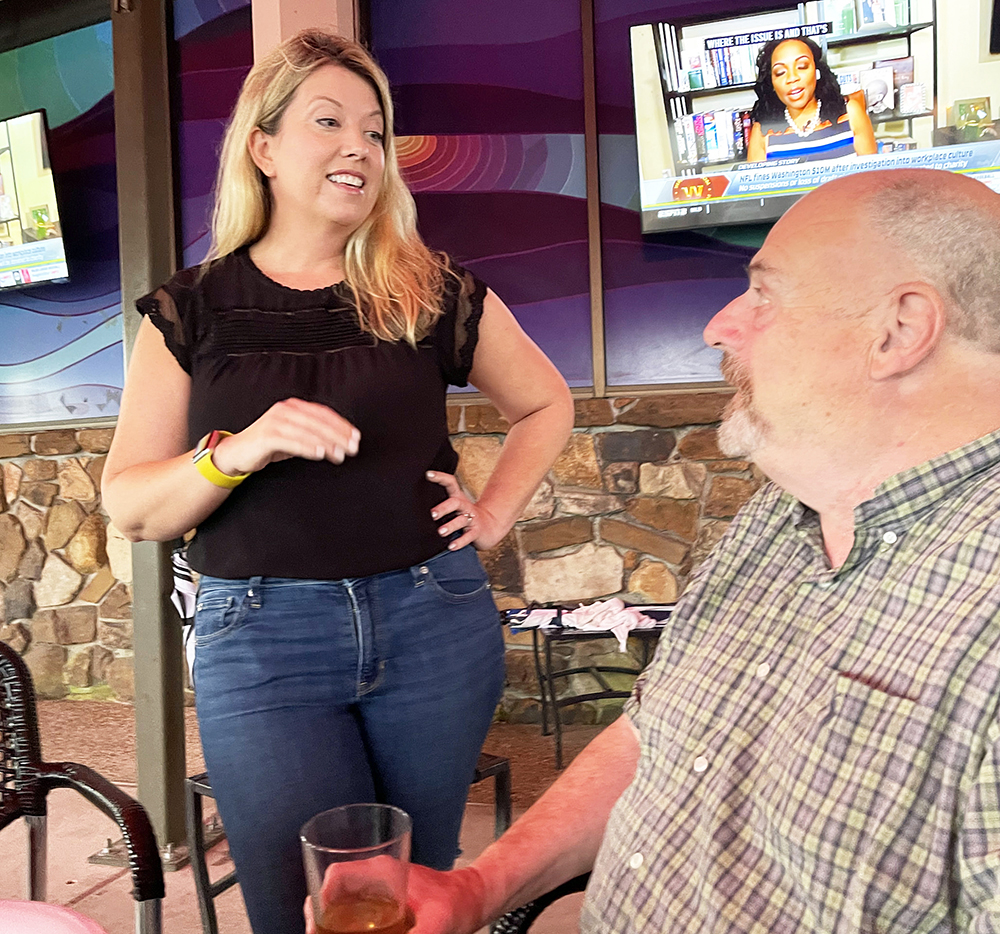
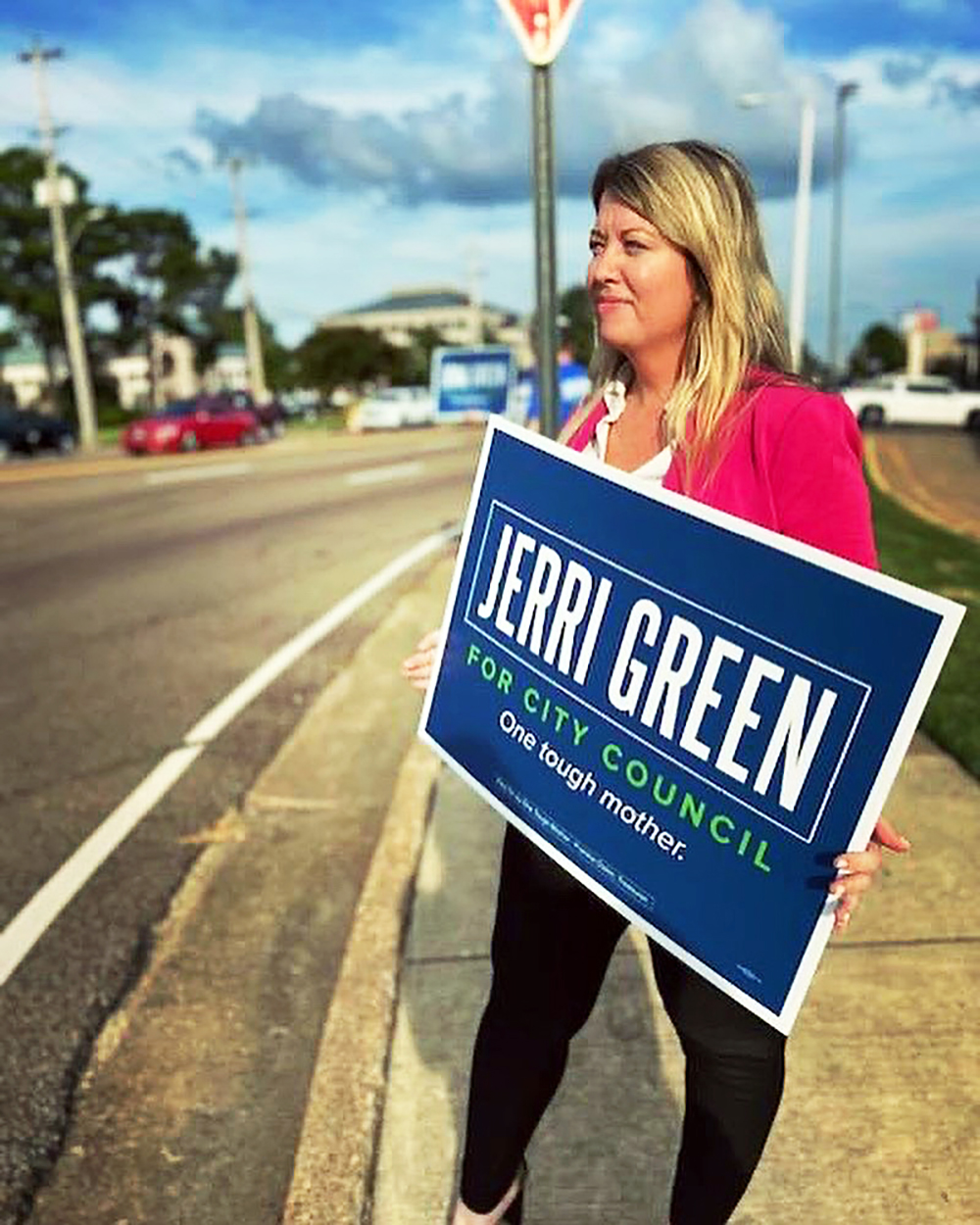
There are no fewer than three female candidates in council District Three — longtime activist Pearl Eva Walker, Kawanias “Kaye” McNeary, and Towanna C. Murphy — contending with veteran political figure Ricky Dixon and the Rev. James Kirkwood, a former ranking officer in the Memphis Police Department.
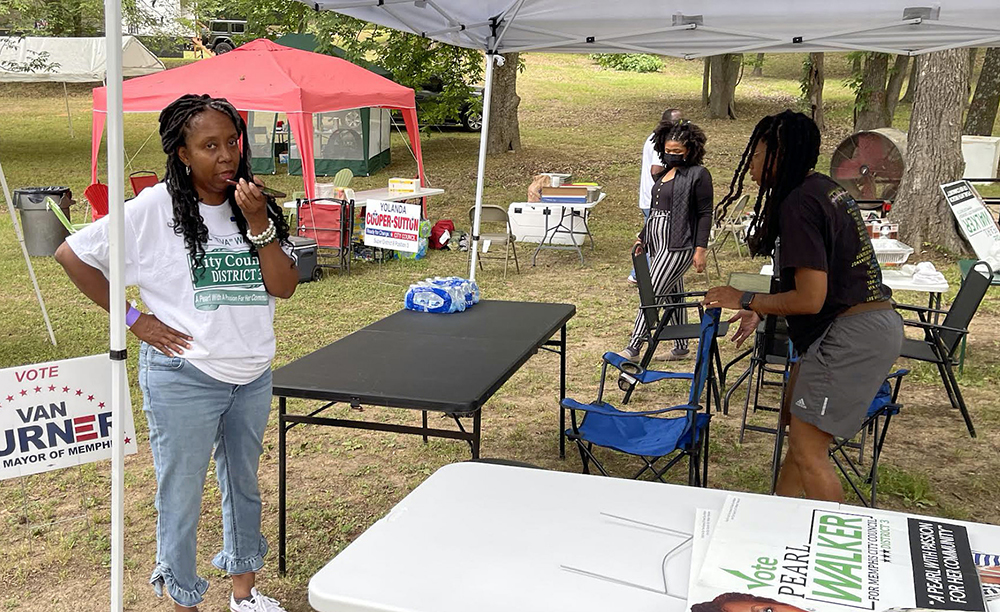
The two candidates in council District Four are not only both women, but both are also veterans of prior service on the council. Teri Dockery served as an interim council member during a vacancy, and Jana Swearengen-Washington is the incumbent.
District Five boasts a trio of candidates, one of whom, Luke Hatler, is still a student at White Station High School. The other two candidates — Meggan Wurzburg Kiel and Philip Spinosa — are locked into a serious and costly mano-a-mano in which each candidate has raised resources of more than $100,000.
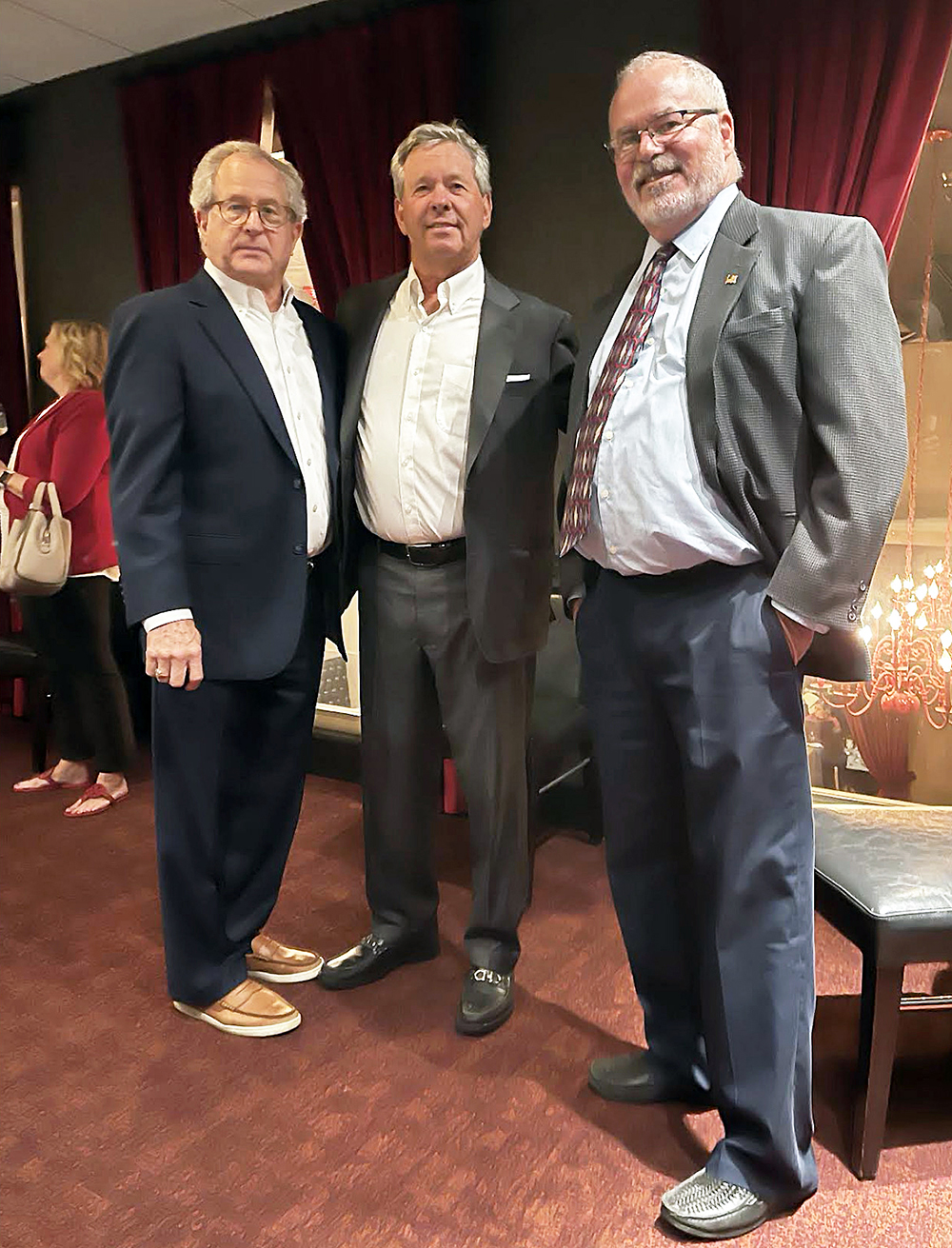
Kiel, though a novice candidate for office, is no stranger to civic affairs. She was one of the founders of the progressive activist group MICAH (Memphis Interfaith Coalition for Action and Hope). Her opponent, Spinosa, is no newcomer, either. Elected to the council in 2015, he served part of a term and resigned to head up the Chairman’s Circle on the Greater Memphis Chamber of Commerce. He now works in logistics.
In one sense, the contest is a battle of initialized groups: MICAH vs. CAISSA, the latter being a PR group catering to centrist and right-of-center candidacies. There have been no direct encounters between the two candidates, and potentially volatile issues have largely been on the back burner, but Spinosa in a TV ad has accused Kiel of wanting to defund the police, a charge she has vehemently denied.
District Six is currently being served by incumbent Councilman Edmund Ford Sr., who is heavily favored over opponents Keith D. Austin II and Larry Hunter.
Anyone looking at the crowded roster of District Seven candidates might assume it to be an available open seat, but, in fact, incumbent Michalyn Easter-Thomas is in good shape to repeat. The superfluity of challengers owes mainly to what was a lingering prospect that her status as an employee of the Memphis River Parks Partnership, an adjunct of city government, might cause her to be declared ineligible. Among those taking a shot at the seat are Edward Douglas, Jimmy Hassan, Jarrett “JP” Parks, Dee Reed, Austin Rowe, and Larry Springfield.
All of the candidates in the council district races just discussed, even those who are distinct underdogs, might be nursing hopes of winning in the runoff stage of the election, which does not exist for the mayor’s race nor for the Super District 8 and Super District 9 seats.
These are winner-take-all, and there are no second chances for second-place finishers.
In two of them — 8-1, held by JB Smiley, and 9-3, occupied by Jeff Warren — there are no other candidates besides the incumbent. And in two others, the incumbents — Chase Carlisle in 9-1 and Ford Canale in 9-2 — have opponents, newcomers Benji Smith in 9-1 and Brandon Washington in 9-2, with only remote chances of winning.
Super District 8, Position 2, is actually an open seat, though Marion LaTroy A-Williams is a perennial, and Davin D. Clemons is considered something of a fringe candidate. Janika White, who was runner-up to Steve Mulroy in the 2023 Democratic primary for district attorney general, is virtually a sure winner, having been hand-picked essentially by current incumbent Cheyenne Johnson, who opted out of a reelection effort.
The other Super District seat, for Position 3, is an open seat as well and boasts a genuine contest involving six contenders — the foremost ones being entertainer-activist Jerred Price, former District 7 incumbent Berlin Boyd, and consultant Brian Harris. Also in the race are Lucille Catron, Yolanda Cooper-Sutton, Damon Curry Morris, and Paul Randolph Jr.
